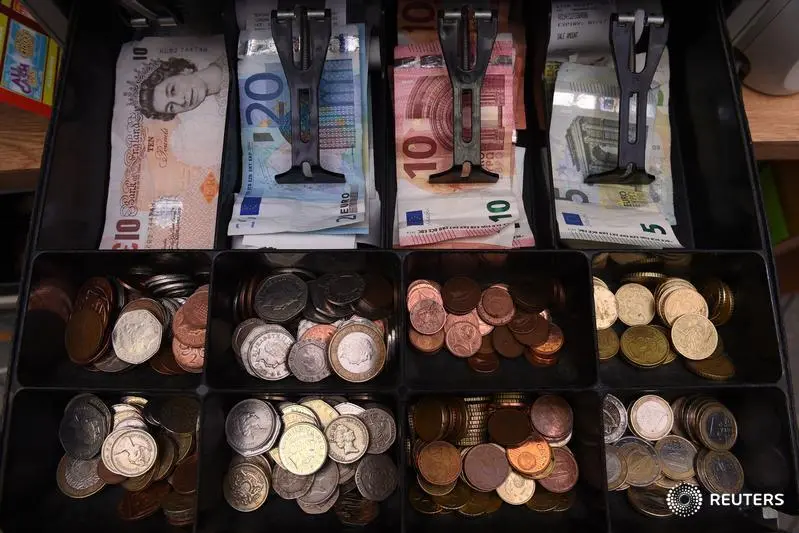PHOTO
DUBLIN - Irish inflation is expected to average between 4% and 5% across 2023, lower than the 7.1% the finance ministry most recently forecast last September, Finance Minister Michael McGrath said.
Annual Irish inflation slowed to 7.8% in January after posting the sharpest monthly decline in seven years. It hit a 38-year high of 9.2% in October.
"The good news is that inflation has now peaked, and is falling back," McGrath said in a speech late on Friday, citing a sharp fall in wholesale energy prices.
"Provided there is no further energy price shock – inflation is set to fall much more rapidly than previously assumed and we now believe it will average between 4 and 5% across the year."
McGrath added that his department expected the domestic economy to "effectively move sideways over the coming months", before returning to growth from the second quarter of the year.
In its last forecasts, the finance ministry saw modified domestic demand - its preferred measure of activity - slipping by 0.6 in the first quarter before expanding by 0.8% from April to June and averaging 1.2% for the year.
McGrath also said his officials were examining the future of the government's national reserve fund, with options potentially including establishing a more future-focussed investment fund that would cater for demographic changes in the years ahead.
The government has deposited 6 billion euros ($6.3 billion) in the reserve fund in recent months, setting aside some of its corporate tax receipts that it considers windfall in nature after an enormous rise in recent years.
($1 = 0.9482 euros)
(Reporting by Padraic Halpin Editing by Mark Potter)





















